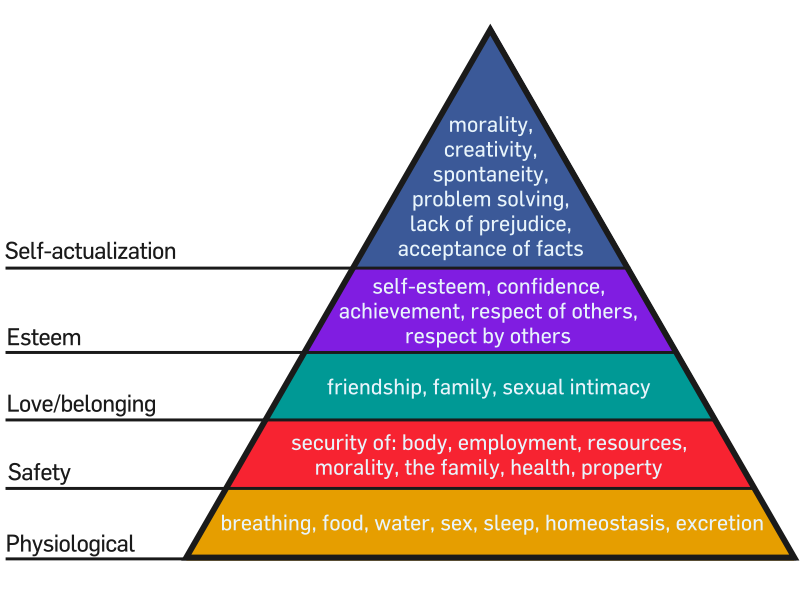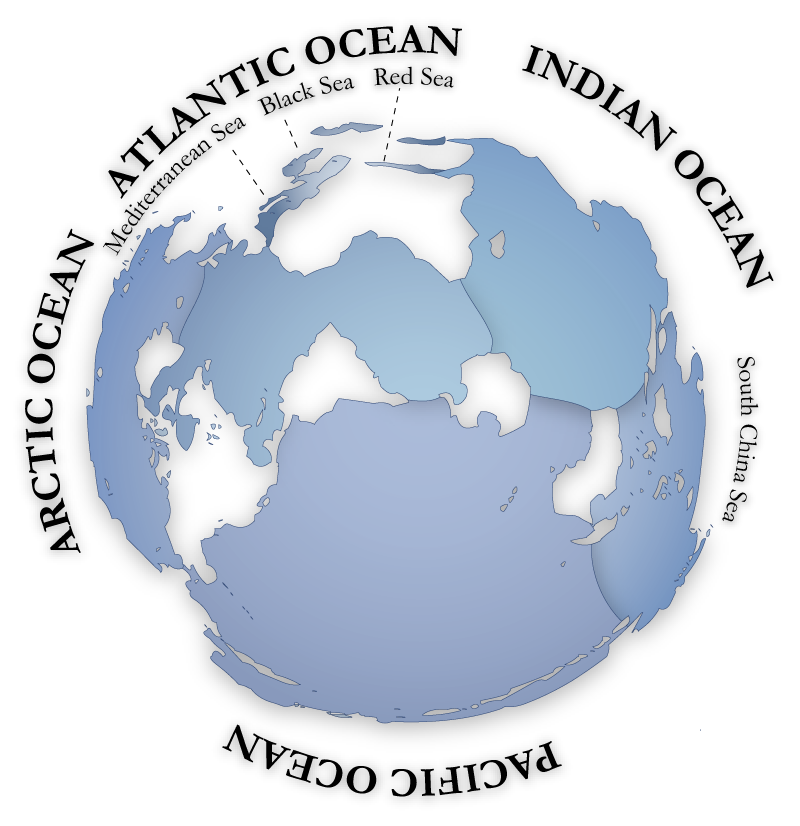This week, we continued to talk about the topic "Poverty."
Jeff shared his thoughts about the article "Anti-poverty program brings help to Taiwan's underprivileged," and shared a touching story of a single mom who obtained a loan to start a business. Jeff also shared that he knows that poverty is not a shame or sin or unchangeable destiny. We then took a look at some quotes from the book Mountains Beyond Mountains, and I was so excited to learn from Karla and Jonas that this book has actually been translated into Chinese! (Help, please send me the name of the Chinese translation again; I forgot to write it down! I've been trying to find it in Chinese forever, and all the bookstores always tell me that a Chinese translation doesn't exist.) I recommend this book to everyone! Read it in English or read it in Chinese; read it any way you can!! ;) We also discussed Jessica Jackley's TED speech about "Poverty, Money, and Love," and both Jerry and Jonas shared their thoughts on that talk.
May taught us more about the body and how we damage it when we break life rules, and also how Traditional Chinese Medicine views the relationship between the five elements, the five organs, and the five tastes. May said that when we overload our body with toxins, our skin is forced to try to help us eliminate them, and our skin then sickens. May explained how some herbs can help the skin when it's sick from too many toxins in the body, and she passed around some live herbs so we could learn what they look like. Then we had a feast prepared by May, one salty dish and one sweet dish, made with many herbs and plants that May found and prepared herself! We all agreed that it was just delicious! Thank you May, for all the time and effort you put into preparing your talk and all the food for our feast! Yum!! It was unforgettable!
We also had a chance to listen to music in class! :D Thanks to Justin and Jerry for sharing your recordings of Dustin and I singing on 11/28! It was so fun to be able to share the music with everyone in class!













